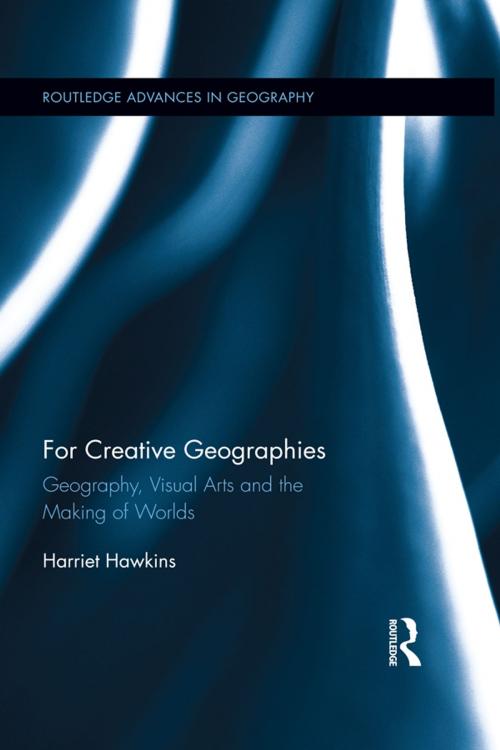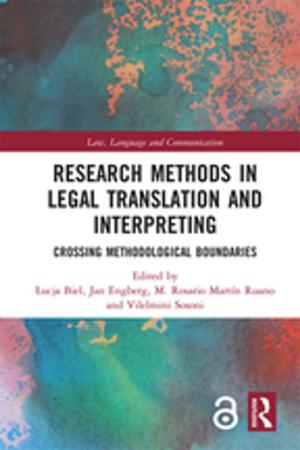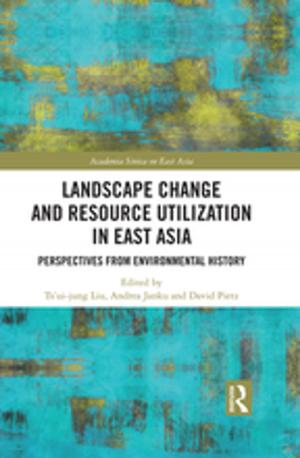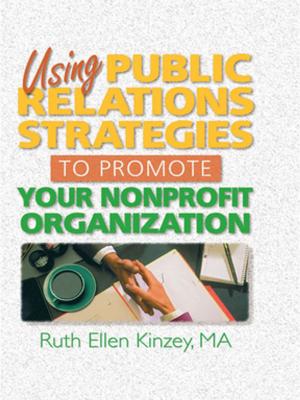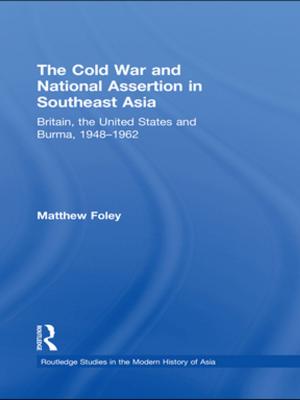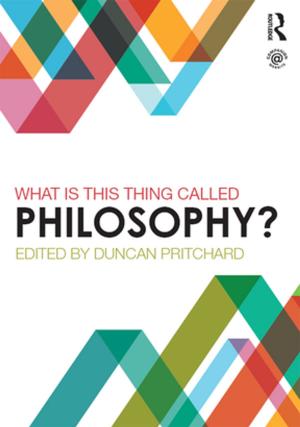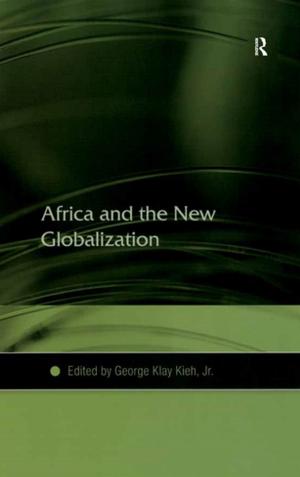For Creative Geographies
Geography, Visual Arts and the Making of Worlds
Nonfiction, Art & Architecture, General Art, Criticism, Social & Cultural Studies, Social Science, Human Geography, Art History| Author: | Harriet Hawkins | ISBN: | 9781135139759 |
| Publisher: | Taylor and Francis | Publication: | October 8, 2013 |
| Imprint: | Routledge | Language: | English |
| Author: | Harriet Hawkins |
| ISBN: | 9781135139759 |
| Publisher: | Taylor and Francis |
| Publication: | October 8, 2013 |
| Imprint: | Routledge |
| Language: | English |
This book provides the first sustained critical exploration, and celebration, of the relationship between Geography and the contemporary Visual Arts. With the growth of research in the Geohumanities and the Spatial Humanities, there is an imperative to extend and deepen considerations of the form and import of geography-art relations. Such reflections are increasingly important as geography-art intersections come to encompass not only relationships built through interpretation, but also those built through shared practices, wherein geographers work as and with artists, curators and other creative practitioners.
For Creative Geographies features seven diverse case studies of artists’ works and exhibitions made towards the end of the twentieth and the beginning of the twentieth-first century. Organized into three analytic sections, the volume explores the role of art in the making of geographical knowledge; the growth of geographical perspectives as art world analytics; and shared explorations of the territory of the body, In doing so, Hawkins proposes an analytic framework for exploring questions of the geographical “work” art does, the value of geographical analytics in exploring the production and consumption of art, and the different forms of encounter that artworks develop, whether this be with their audiences, or their makers.
This book provides the first sustained critical exploration, and celebration, of the relationship between Geography and the contemporary Visual Arts. With the growth of research in the Geohumanities and the Spatial Humanities, there is an imperative to extend and deepen considerations of the form and import of geography-art relations. Such reflections are increasingly important as geography-art intersections come to encompass not only relationships built through interpretation, but also those built through shared practices, wherein geographers work as and with artists, curators and other creative practitioners.
For Creative Geographies features seven diverse case studies of artists’ works and exhibitions made towards the end of the twentieth and the beginning of the twentieth-first century. Organized into three analytic sections, the volume explores the role of art in the making of geographical knowledge; the growth of geographical perspectives as art world analytics; and shared explorations of the territory of the body, In doing so, Hawkins proposes an analytic framework for exploring questions of the geographical “work” art does, the value of geographical analytics in exploring the production and consumption of art, and the different forms of encounter that artworks develop, whether this be with their audiences, or their makers.
